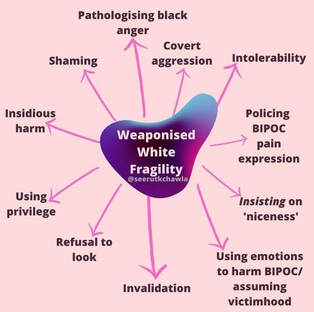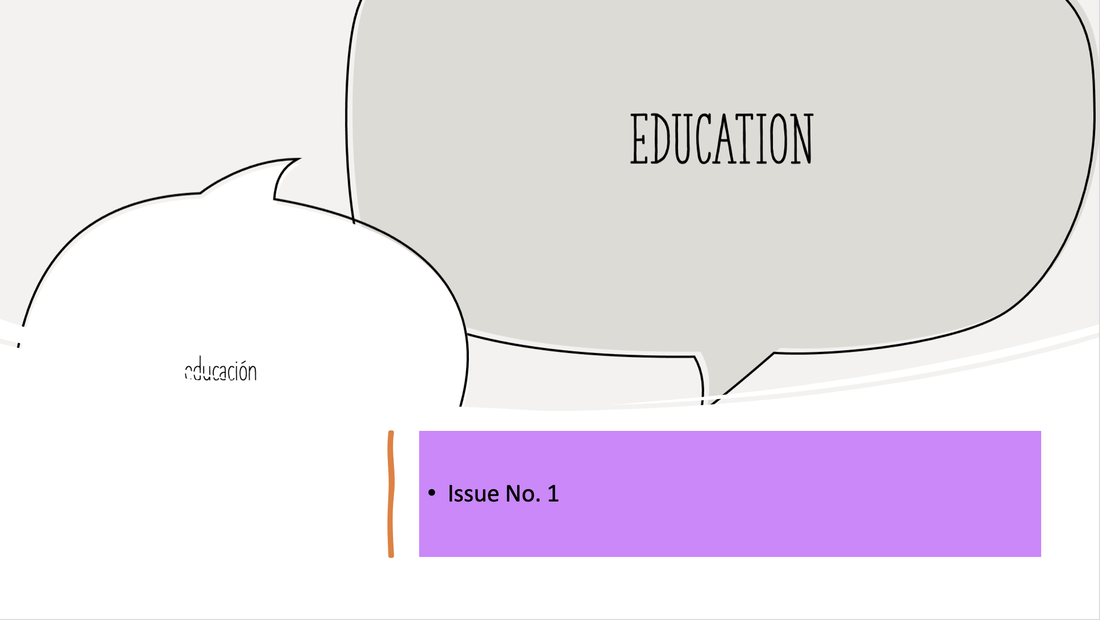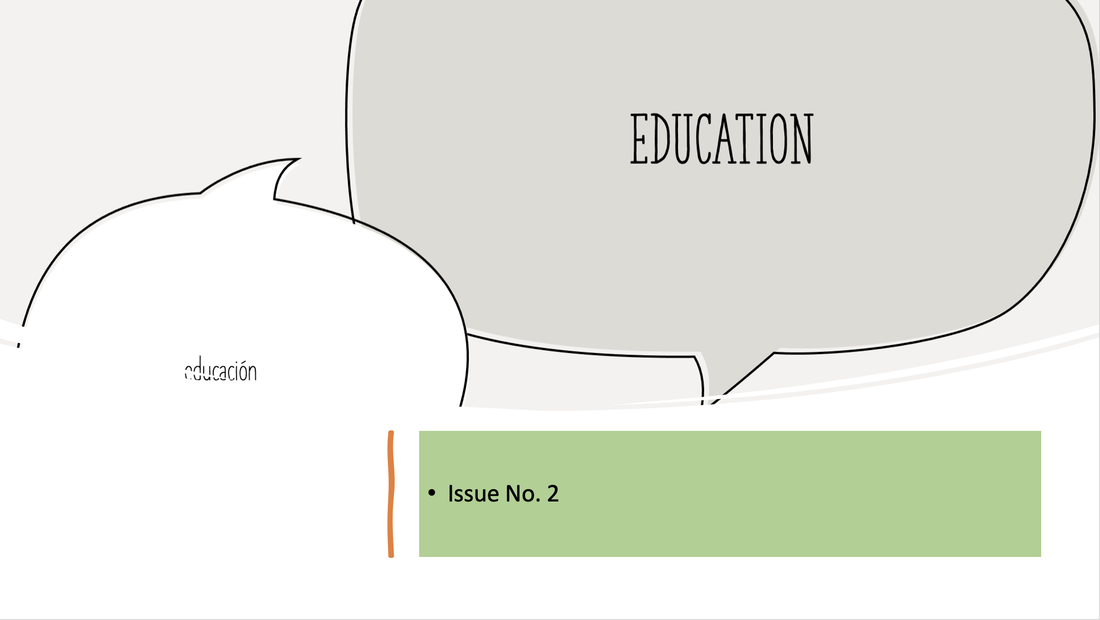Issue No. 3
Featured essay
(for more essays, see the links below)
Bienvenidos, Educadores Bilingües!
by Guadalupe L Martinez Zapata
(Originally delivered as Opening Remarks At National Association of Bilingual Educators Annual Conference, Portland, OR, 2023)
Hjaya Ku! Como dirían los ancestros de mi madre en Otomí.
Quizá como muchos de ustedes yo también crecí en un hogar bilingüe. En el yugo familiar no se permitía hablar otro idioma que el español. Tal como muchos otros factores singulares a mi familia, supongo que esto ayudó a crear una identidad dual, una identidad que me permitió amarme a mí misma, aunque mi entorno no opinara lo mismo de mí, precisamente por ser algo así como mexicana. Atreves de la historia a esta política de supervivencia, es decir la retracción y refugio dentro de nuestra comunidad ante el precipicio del desprecio externo, a esto se le ha injuriado; nos convertimos en viles pandilleros por nuestra astucia e instinto de preservación.
En la última década, México ha intentado intervenir para rescatar la variedad de los idiomas pre-hispánicos. Aunque modesta la intervención, imaginen a un niño con costumbres y rasgos indígenas, presentarse a su aula y escuchar el idioma de su gente. Inigualable inclusión. Now imagine every school in our nation with similar dual language efforts. Imagine the social transformation. We would not be visionaries or ahead of our time. We are harmfully behind the rest of the world.
Es preciso elaborar formas de destituir a la pronunciada y falsa meritocracia que existe en nuestros sistemas escolares. El triunfo de nuestros niños exige la institución de un currículo y una educación que refleje su realidad y semejanza.
Our only way forward, the way our children will truly thrive, is through the abolition of the system of colonial cultural supremacy. A system that suggests that non-English speaking children are not worthy of symbolic successes, like extraordinary honors & awards, or even TAG programs, making these the epitome of false meritocracies. In 2017 Sarah Sparks & Alex Harwin published their findings on national statistics showing that in 49 states & the District of Columbia, English learners are underrepresented by more than 5% in TAG programs (Spark & Harwin, . In Oregon we have updated our TAG rules to broaden identification and referral methods (oregon.gov/ode). And still, personal biases feed institutional barriers.
The voice of one is small, but the collective voice, the voice
of all, that is one of our superpowers. Let us institutionalize dual language bilingual education in every school, in every community, in every state. That is an education for every child that builds a more promising tomorrow. Let us honor and codify the use of the myriad of home languages, Indigenous, aboriginal, and otherwise that our children speak, so that they are truly learning on a level field. This is the Oregon we are building, where we welcome your revolutionary spirits!
Ja-mädi ñú yado mago (gracias y hasta pronto).
Sources:
Sparks, Sarah D., and Alex Harwin. “Too Few ELL Students Land in Gifted Classes.(English-Language Learners).” Education Week, vol. 36, no. 36, 2017, pp. 1–1.
“Talented and Gifted (TAG) Education.” Oregon Department of Education : Talented and Gifted (TAG) Education : Talented and Gifted Student Resources : State of Oregon, https://www.oregon.gov/ode/learning-options/tag/pages/default.aspx.
by Guadalupe L Martinez Zapata
(Originally delivered as Opening Remarks At National Association of Bilingual Educators Annual Conference, Portland, OR, 2023)
Hjaya Ku! Como dirían los ancestros de mi madre en Otomí.
Quizá como muchos de ustedes yo también crecí en un hogar bilingüe. En el yugo familiar no se permitía hablar otro idioma que el español. Tal como muchos otros factores singulares a mi familia, supongo que esto ayudó a crear una identidad dual, una identidad que me permitió amarme a mí misma, aunque mi entorno no opinara lo mismo de mí, precisamente por ser algo así como mexicana. Atreves de la historia a esta política de supervivencia, es decir la retracción y refugio dentro de nuestra comunidad ante el precipicio del desprecio externo, a esto se le ha injuriado; nos convertimos en viles pandilleros por nuestra astucia e instinto de preservación.
En la última década, México ha intentado intervenir para rescatar la variedad de los idiomas pre-hispánicos. Aunque modesta la intervención, imaginen a un niño con costumbres y rasgos indígenas, presentarse a su aula y escuchar el idioma de su gente. Inigualable inclusión. Now imagine every school in our nation with similar dual language efforts. Imagine the social transformation. We would not be visionaries or ahead of our time. We are harmfully behind the rest of the world.
Es preciso elaborar formas de destituir a la pronunciada y falsa meritocracia que existe en nuestros sistemas escolares. El triunfo de nuestros niños exige la institución de un currículo y una educación que refleje su realidad y semejanza.
Our only way forward, the way our children will truly thrive, is through the abolition of the system of colonial cultural supremacy. A system that suggests that non-English speaking children are not worthy of symbolic successes, like extraordinary honors & awards, or even TAG programs, making these the epitome of false meritocracies. In 2017 Sarah Sparks & Alex Harwin published their findings on national statistics showing that in 49 states & the District of Columbia, English learners are underrepresented by more than 5% in TAG programs (Spark & Harwin, . In Oregon we have updated our TAG rules to broaden identification and referral methods (oregon.gov/ode). And still, personal biases feed institutional barriers.
The voice of one is small, but the collective voice, the voice
of all, that is one of our superpowers. Let us institutionalize dual language bilingual education in every school, in every community, in every state. That is an education for every child that builds a more promising tomorrow. Let us honor and codify the use of the myriad of home languages, Indigenous, aboriginal, and otherwise that our children speak, so that they are truly learning on a level field. This is the Oregon we are building, where we welcome your revolutionary spirits!
Ja-mädi ñú yado mago (gracias y hasta pronto).
Sources:
Sparks, Sarah D., and Alex Harwin. “Too Few ELL Students Land in Gifted Classes.(English-Language Learners).” Education Week, vol. 36, no. 36, 2017, pp. 1–1.
“Talented and Gifted (TAG) Education.” Oregon Department of Education : Talented and Gifted (TAG) Education : Talented and Gifted Student Resources : State of Oregon, https://www.oregon.gov/ode/learning-options/tag/pages/default.aspx.
Other Education titles in this issue:
Quick and Witty Wisdom Nuggets...

This work is licensed under a Creative Commons Attribution-NonCommercial-NoDerivatives 4.0 International License.



